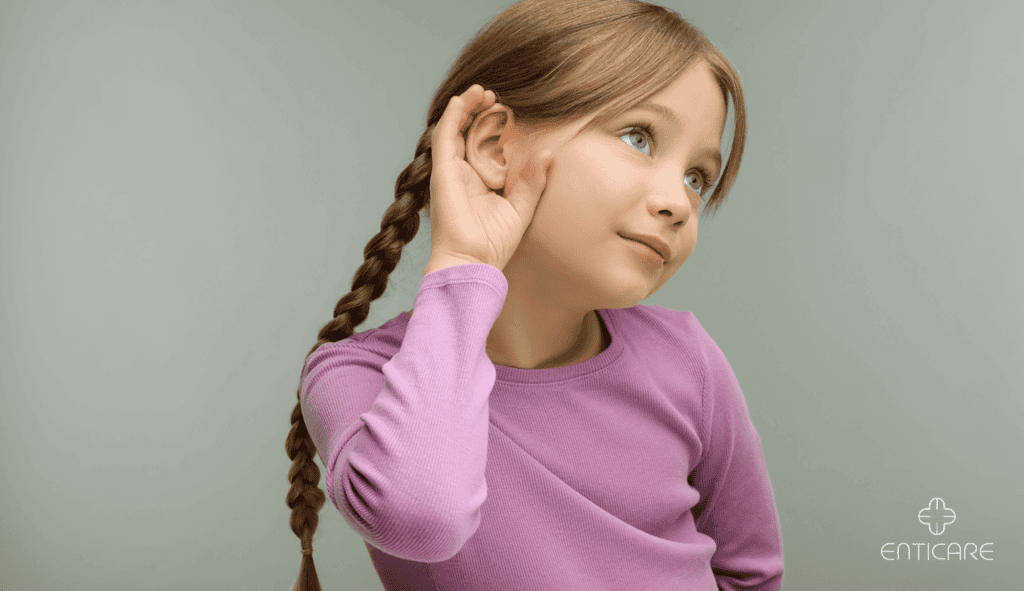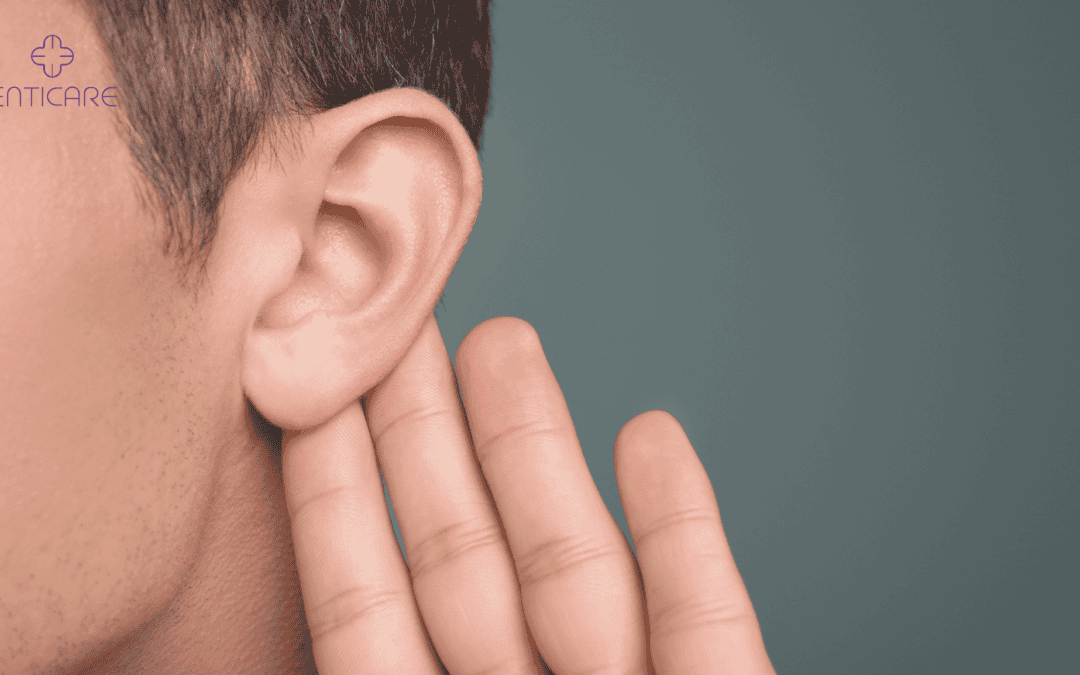Exploring the Hopeful Potential for Hearing Recovery
Hearing plays a crucial role in how we experience life. When hearing declines, it impacts communication, relationships, and overall well-being. Many wonder if their hearing can heal or recover.
Understanding hearing loss begins with its causes and types. With modern advancements, more options exist than ever to manage or restore hearing. Seeking professional help is crucial in this journey.

Temporary Hearing Loss: Causes and Solutions
Blockages in the Ear Canal
Wax buildup or foreign objects can cause temporary hearing loss. Clearing these blockages often completely restores hearing. Over-the-counter remedies or professional cleaning can help.
Ear Infections and Fluid Buildup
Middle ear infections or fluid accumulation often result in conductive hearing loss, leading to muffled hearing. Medical treatment with antibiotics or drainage can resolve the issue.
Noise-Induced Temporary Threshold Shifts
Exposure to loud noise, also known as loud noise exposure, can cause temporary hearing difficulties. Ears typically recover within 24-48 hours. Avoiding noisy environments and resting your ears can aid recovery.
Permanent Hearing Loss: Is Recovery Possible?
Sensorineural Hearing Loss and Challenges
This type of loss, caused by damage to the inner ear or auditory nerve, is often permanent. Sensorineural hearing loss often involves damage to hair cells and sensory hair cells in the inner ear, which do not regenerate. Medical intervention focuses on management rather than complete restoration.
Age-Related Hearing Loss (Presbycusis)
Hearing naturally declines with age. While it may not fully heal, treatments like hearing aids improve quality of life.
Current Research and Emerging Treatments
Exciting advancements include gene therapy and stem cell research. Current research is also exploring treatments for noise-induced hearing loss, which is caused by exposure to damaging sound waves. While not yet widely available, these approaches offer hope for future solutions to permanent hearing loss.

Treatment Options for Hearing Loss
Hearing Aids and Their Benefits
Hearing aids amplify sound and improve understanding. They help individuals with mild to severe hearing loss regain confidence and communication abilities.
Cochlear Implants for Severe Loss
Cochlear implants bypass damaged parts of the ear, delivering sound signals directly to the auditory nerve. This technology benefits those with profound hearing loss.
Therapy and Rehabilitation Techniques
Auditory training, lip reading, and communication strategies help people adapt to hearing changes and maximize residual hearing.

Preventing Further Hearing Damage
Noise Protection Strategies
Wear earplugs or noise-canceling headphones in loud settings to protect against harmful noise. Loud noises can cause permanent damage to hearing, making protection essential. Limit exposure to loud music or machinery to safeguard your ears.
Regular Hearing Screenings
Routine check-ups help detect issues early. Early intervention slows progression and improves outcomes.
Lifestyle Changes: Empowering You for Long-Term Hearing Health
Maintain a healthy diet, stay active, and avoid smoking. These habits support circulation and overall ear health.
Key Takeaways
Temporary hearing loss often resolves with proper care, but permanent hearing loss requires ongoing management.
Hearing aids and cochlear implants effectively solve many types of hearing loss.
Protecting your hearing and seeking regular screenings are vital to maintaining auditory health.
Emerging research offers hope for future treatments for permanent hearing loss.
Conclusion: Take Control of Your Hearing Health
Whether temporary or permanent, hearing loss doesn’t have to hold you back. With the right strategies and professional support, you can manage symptoms and improve your quality of life.
If you’re experiencing hearing difficulties, don’t wait—schedule an appointment with Enticare today. Our specialists provide expert care to help you regain confidence in your hearing.

